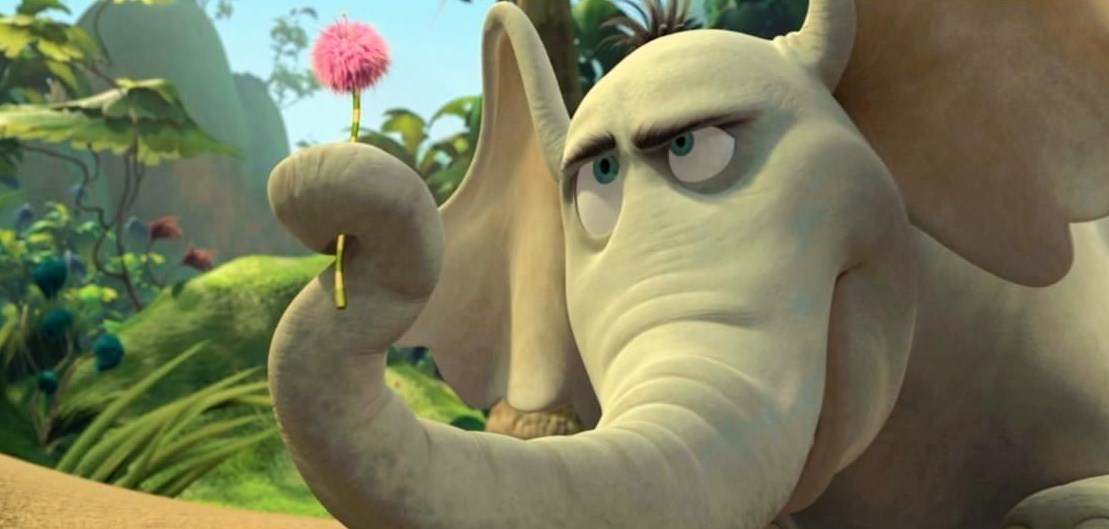
The affirmations that we give our students that their voice and their thoughts matter empower them to use their voices to advocate for themselves, for people about whom they care and for causes they champion.

Jo-Jo demonstrates that even a small voice can have a big impact. Our students may think that their voices do not matter, that they are too young or too small to make a difference. After that, everyone in the Jungle of Nool is committed to protecting the Whos because they heard them. Once alerted to the need, Jo-Jo raises his voice to join the others, and it is just enough to allow animals other than Horton to hear them.

Oblivious, Jo-Jo is playing with a yo-yo and not making any noise. Desperate, the mayor races through town to make sure that everyone is participating and finds Jo-Jo, “a very small, very small” Who. The mayor of Whoville rallies all the Whos to make a racket, but it is not enough. Horton pleads with the Whos to make as much noise as possible so that the animals will hear them and believe that they exist. As educators, we must equip our students to speak for themselves and for others, even when they must do it alone.Īfter Horton rescues the Whos from the clover patch, the animals from the Jungle of Nool threaten to cage him and boil the Whos. Horton was an ally for the Whos, amplifying their voices. Horton persists in his caretaker role, tracking down the speck of dust and rescuing the Whos from an uncertain fate.Įach day our students are called to make dozens of decisions, some large and others small. They think Horton has gone crazy, and eventually they snatch the speck of dust with no concern for the Whos. Other animals in the Jungle of Nool, lacking Horton’s giant ears, cannot hear them.

For most of the book, Horton is the only animal who hears the desperate pleas of the Whos.


 0 kommentar(er)
0 kommentar(er)
